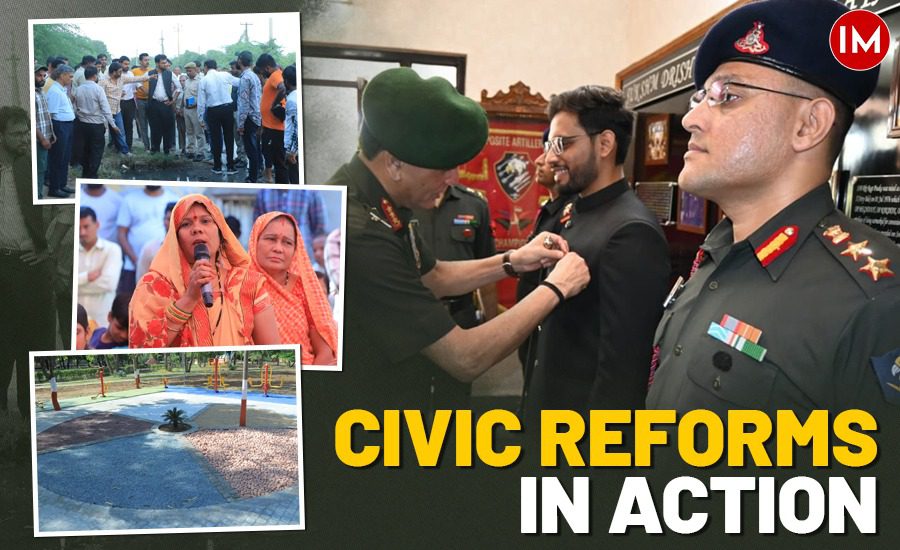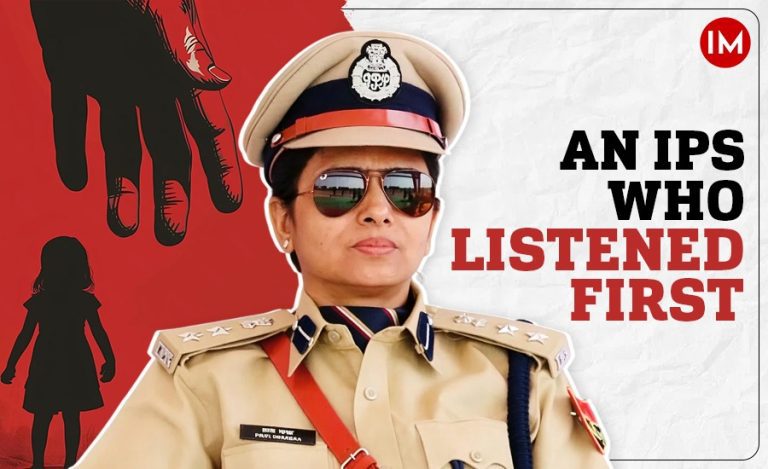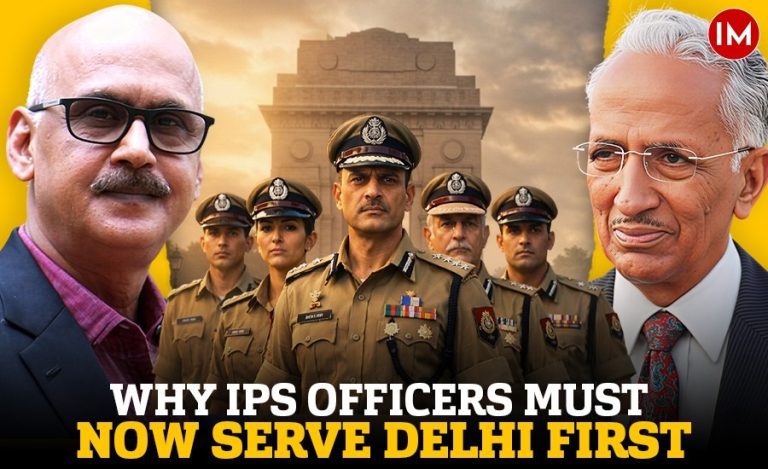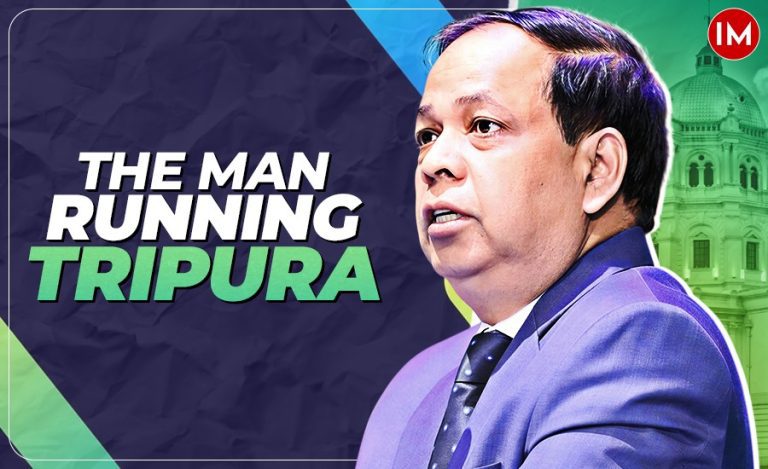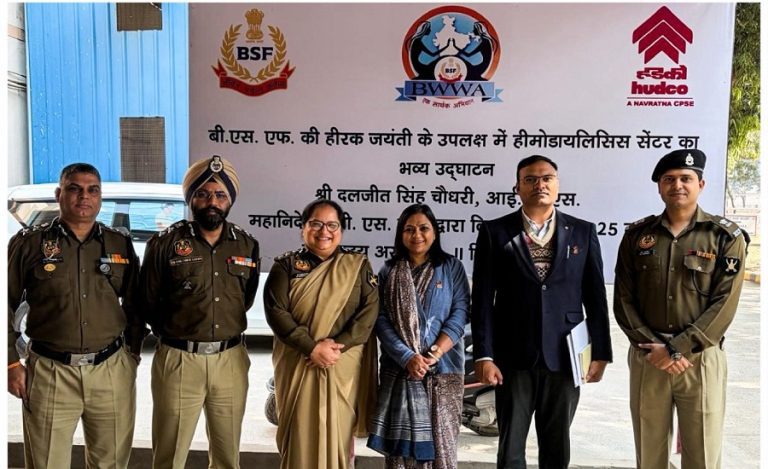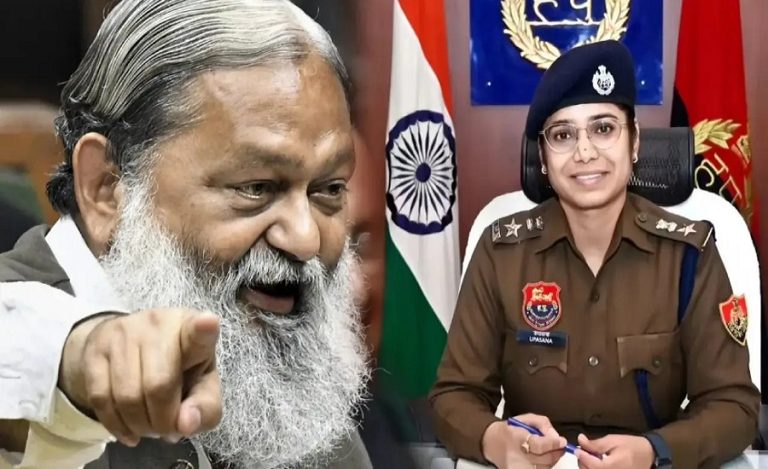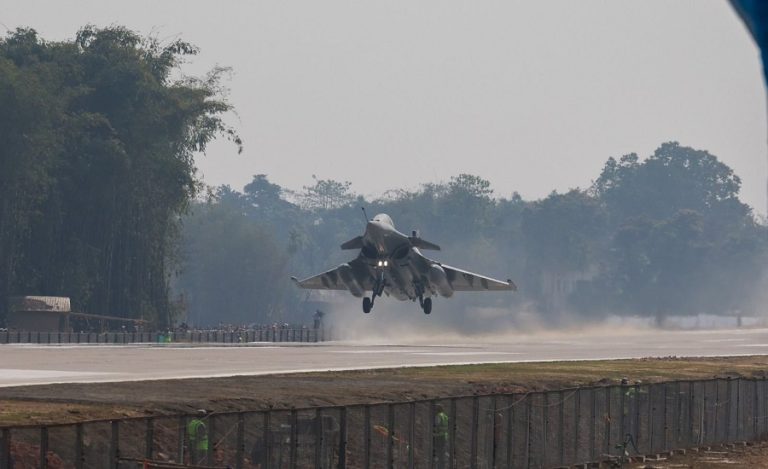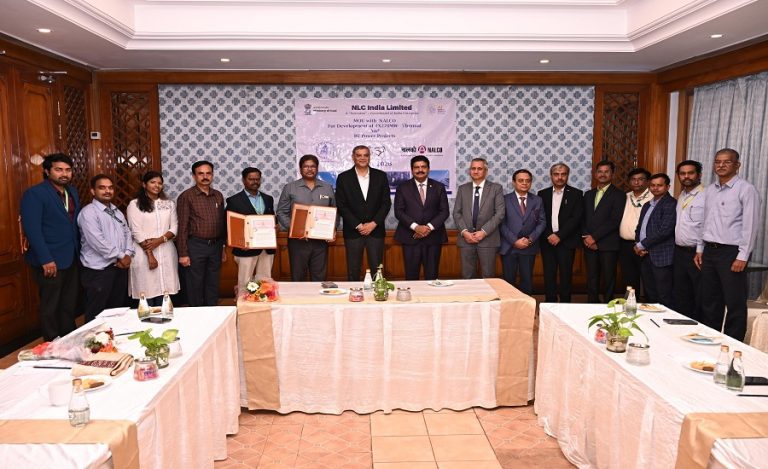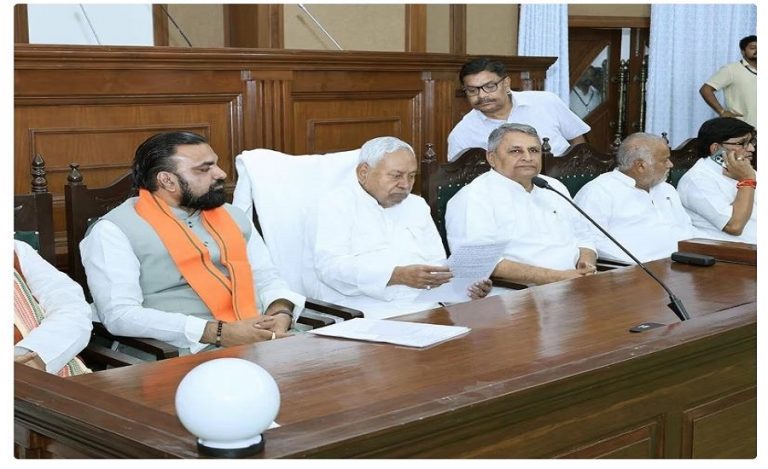Nasirabad Cantonment marked a historic achievement as Dr. Nitish Gupta, IDES 2021 batch, CEO Nasirabad, Rajasthan was conferred the Commendation Card by the General Officer Commanding-in-Chief (GOC-in-C), Southern Command, Lt Gen. Dheeraj Seth. The award, one of the highest honours presented by the Indian Army to both military and civilian personnel, recognises exceptional contributions, impactful initiatives, and sustained service. Dr. Gupta received the award in the civil category for his outstanding work in Nasirabad and Ajmer Cantonments. In an exclusive interview with Indian Masterminds, Dr Gupta shared about it in detail.
UNDERSTANDING THE GOC-in-C COMMENDATION AWARD
The GOC-in-C Commendation Card is a prestigious recognition given to individuals who demonstrate significant contributions to military or civic administration. While army officers wear the red badge on their uniforms, civilian officers are entitled to display it at formal events such as visits by the President or Prime Minister.
“The award is not for one single initiative but for continuous efforts and tangible outcomes over time,” Dr Gupta told Indian Masterminds. “It reflects the work done collectively by the Cantonment Board staff and the citizens themselves.”
JAN SAMVAD: GOVERNANCE AT THE FOOTSTEP
One of Dr. Gupta’s landmark initiatives was “Jan Samvad – Chhawani Prashasan Aapke Dwar”, launched on 20th September 2024. This programme aimed to create direct engagement between residents and the administration. Over 15 days, seven sessions were conducted across eight wards, allowing citizens to raise issues, suggest solutions, and participate in ward-specific development planning.
“Through Jan Samvad, we wanted to ensure that governance is not distant but reaches every resident,” Dr. Gupta explained. “We walked through each ward ourselves to understand real problems and resolve them on the spot wherever possible.”
The initiative also included “Paidal Yatras”, or foot marches, where Dr. Gupta and officials personally assessed conditions on the ground. Issues requiring longer-term solutions were compiled into comprehensive ward-wise development plans to ensure systematic action in the future.
TRANSFORMING CIVIC INFRASTRUCTURE
Jan Samvad was accompanied by major improvements in civic amenities:
- Clean drinking water was ensured in all households through new pipelines.
- Public toilets were modernised with waterproofing, proper drainage, and theft-proof tanks.
- Public gardens and parks, including the eight-acre Sardar Vallabhbhai Patel Garden, were rejuvenated.
- Door-to-door garbage collection was implemented, supported by a GPS-based attendance system for sanitation workers.
- Encroachments on 5.5 acres of defence land were cleared.
“Our goal was to make visible improvements that impact everyday life,” Dr. Gupta said. “Every initiative, from water supply to parks, was planned to be sustainable, efficient, and citizen-focused.”
RECOGNITION AND FUTURE PLAN
The programme earned wide recognition, including national media coverage and appreciation from Union Minister of State Bhagirath Chaudhary. Earlier this year,
“This recognition is not just for me but for the team and the 70,000 residents who participated actively in shaping their Cantonment,” he said. “It shows what structured, participatory governance can achieve.”
Following the success of the first Jan Samvad, Dr. Gupta plans Jan Samvad 2.0, which will gather citizen feedback on completed works and ensure ongoing accountability.
“Continuous feedback is key to keeping governance responsive,” Dr. Gupta added. “We aim to make the process scalable and replicable for other urban local bodies in India.”
SETTING NEW STANDARDS IN CIVIC GOVERNANCE
With these initiatives, Nasirabad Cantonment has set a benchmark in transparent, inclusive, and citizen-driven administration. The Southern Command Commendation Award highlights the potential of targeted action, citizen engagement, and efficient execution to bring lasting improvements to urban governance.
“The award motivates us to keep improving and ensures that the administration remains accountable to the people,” Dr. Gupta concluded. “When citizens see results, trust in governance naturally grows, and that is the ultimate goal.”

